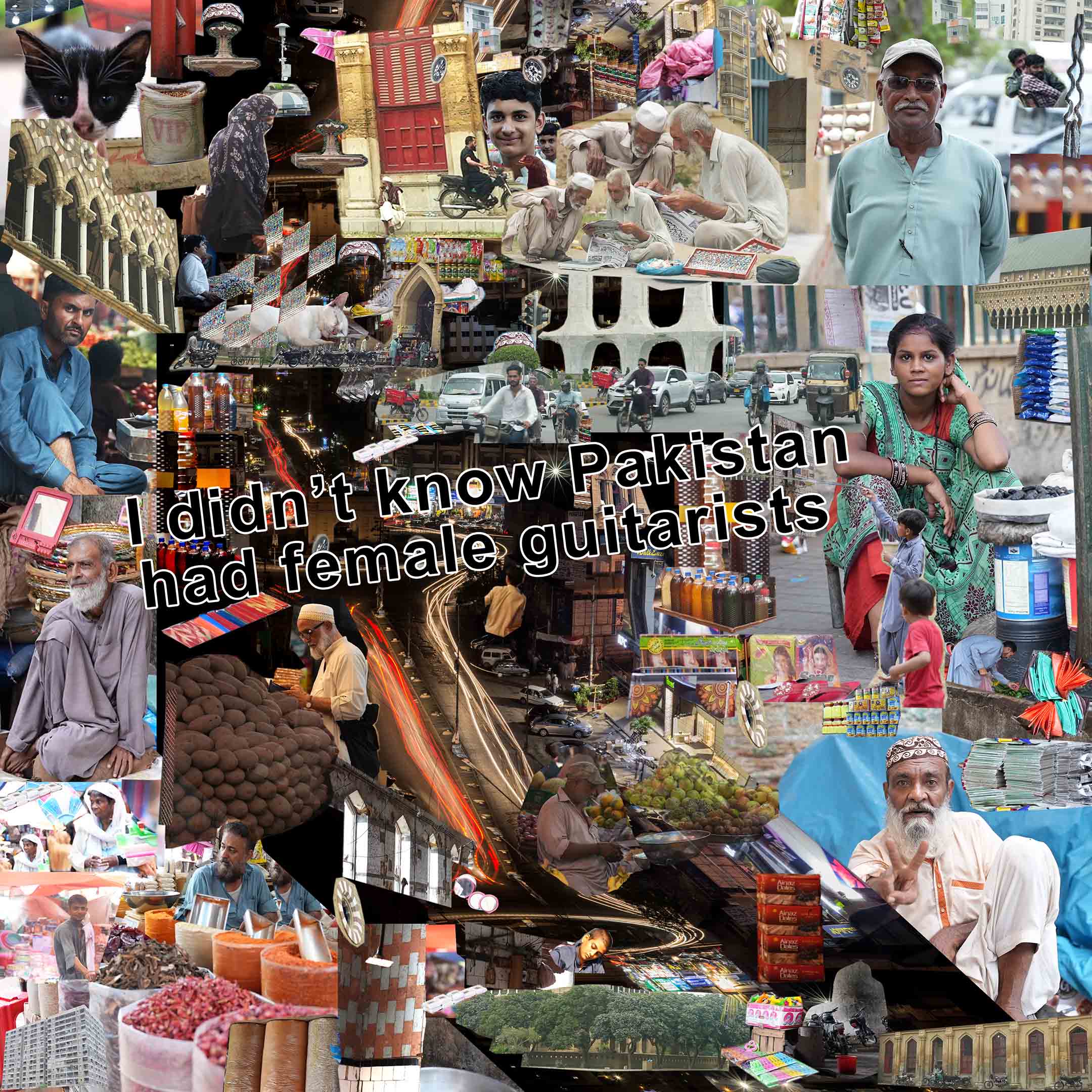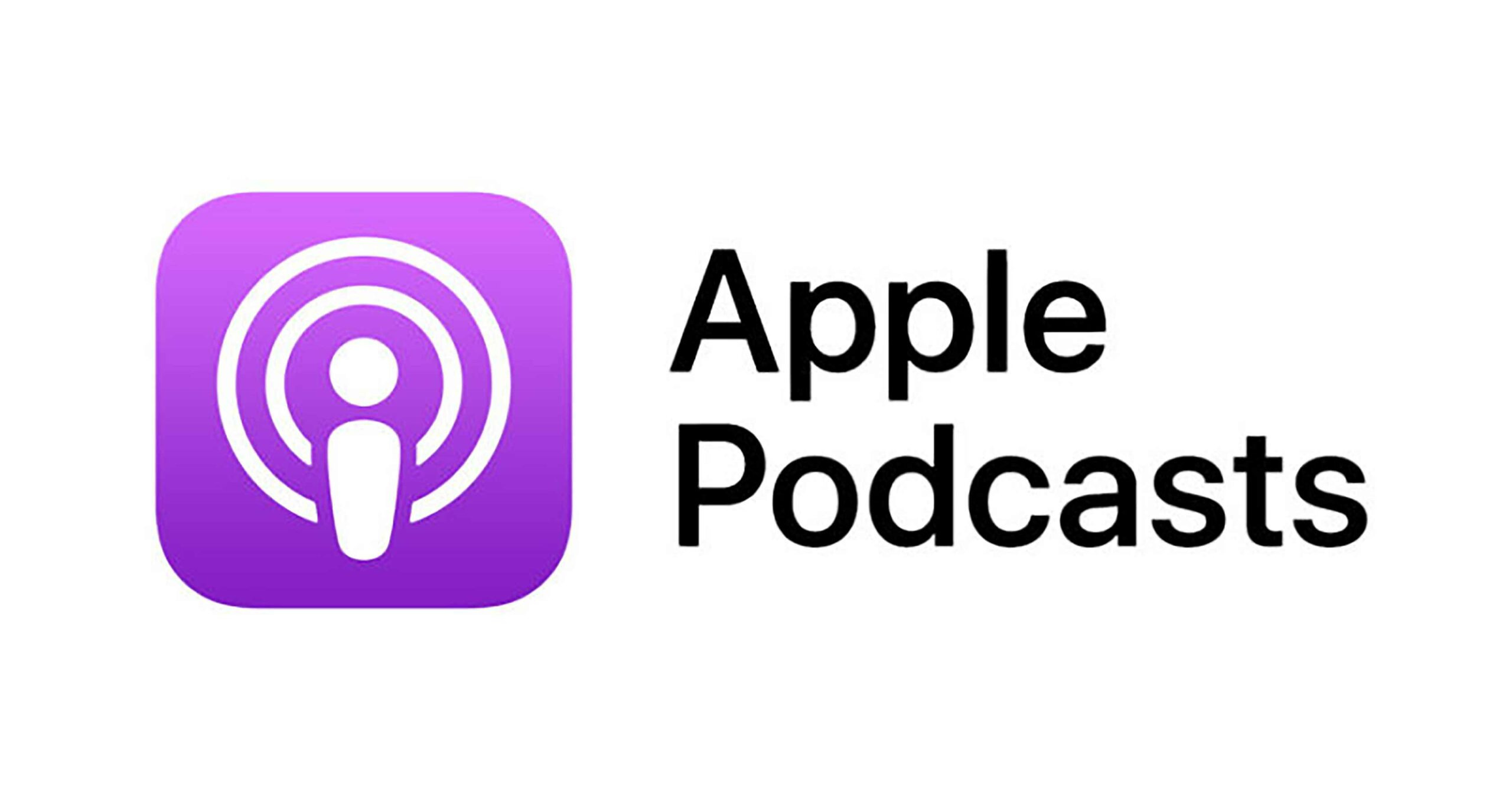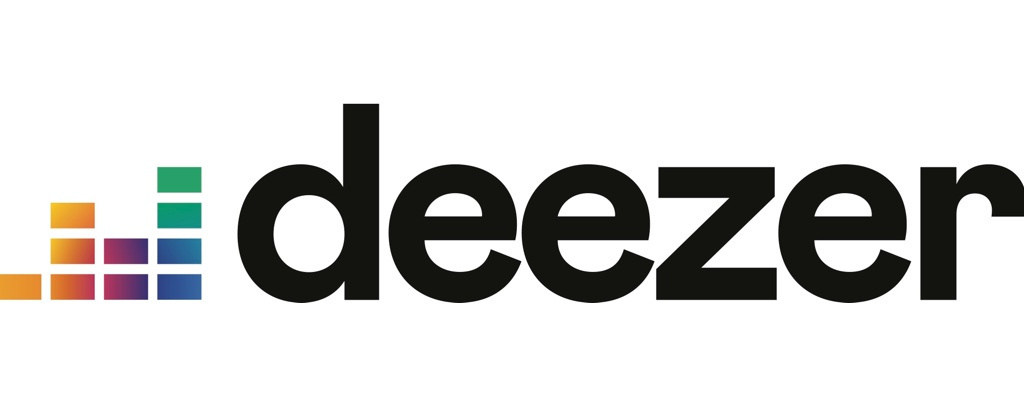Chaotic Karachi: Expressions for Sanity
Episode 19 of the TIMEZONES podcast series, co-initiated and co-produced by Norient and the Goethe-Institut. According to the rapper and comedian Ali Gul Pir, Karachi is the most misunderstood place in the world. For TIMEZONES, he produced an episode that will give you a «real» feel of what it’s like to be an artist in this city of a million plus dreams, hopes, and problems.
A world leading magazine called Pakistan «the most dangerous place in the world» but take it from Ali Gul Pir, who has lived most of his life there: «It’s an amazing place. Karachi has given me my identity, my voice, and space to express.» In this podcast episode, he meets artists that he’s friends with, to talk about how they use collaborations and work to express themselves, and he also discovers the hurdles of a Pakistani female guitarist.
→ full transcript of episode 19
Credits
A podcast by Ali Gul Pir
Co-initiated and co-produced by Norient and the Goethe-Institut
Featuring: Babar Mangi, Sarah Waqar, Shehzad Ghias, Gul Muhammad Recorded at BigFoot Studios
Includes a bonus talk, moderated and produced by Rafay Mahmood, featuring Bilal Ali
Sampled tracks/sounds
00:58 – Bigfoot Music feat. Gul Mohammad: «Haiderum»
03:56 – Ali Gul Pir X Babar Mangi: «Ghareeban Ja Khwab»
04:54 – Sehra music recorded by Babar Mangi (unreleased)
07:42 – Bigfoot Music feat. Kami Paul, Gul Mohammad & Khurram Iqbal: «Maslat»
09:54 – Sarah Waqar: «Nothing Else Matters (Acoustic Instrumental)»
15:13 – Babar Mangi: «Ghareeb Ka Bar»
16:13 – Sound from a political address
Artistic Editor: Suvani Suri
Project Management: Hannes Liechti
Video Trailer: Karrl
Jingle Voiceover: Nana Akosua Hanson
Jingle Mix: Daniel Jakob
Mastering: Adi Flück, Centraldubs
Artwork: Šejma Fere
Copy Editing: Kathrin Hadeler
Listen on
→ Listen to further TIMEZONES episodes
Featured Artists
Babar Mangi is a rapper, writer, and producer from the province of Sindh, Pakistan. He has a film degree and is also part of a rap group called Indus Valley Squad. Follow him on Instagram, X, Facebook, Spotify, or TikTok.
Sarah Waqar is a guitarist and drummer who learnt music at the prestigious National Academy of Performing Arts in Karachi, Pakistan, and is currently teaching there. She has performed with many musicians and has done a lot of collaborations with Eastern musicians as well. Follow her on Instagram, Facebook, or Spotify.
Gul Muhammad is from the Pakistani Hoshiyarpur gharana and is the grandson of Ustashi Ghulam Muhammad. Gul is a sarangi master who is credited with not only spreading classical music in Pakistan through his works but also teaches classical music at Karachi Arts Council. He is also a member of the acclaimed musical group called Sounds of Kolachi. Follow him on Instagram.
Shehzad Ghias is a Pakistani comedian and podcaster who has a Masters in theater and has performed in several countries. His podcast The Pakistan Experience is one of the most watched podcasts in the country. Follow him on Instagram, X, Facebook, or YouTube.
Bonus Talk
Can a Huge Crowd Become a Huge Audience?
moderated and produced by Rafay Mahmood, featuring Bilal Ali
While Karachi is a melting pot of various cultures, foods, and languages, its creative producers, particularly musicians, live every day with looming uncertainty. A city of over 20 million people is fighting over resources such as water and electricity and yet the musicians here keep pumping new life into its fabric and carving a new tomorrow for themselves with every passing day.
Karachi is not hostile to its musicians, the audience loves them, but a lack of a proper music ecosystem and soft control of political parties and in some cases religious outfits makes it really hard for the musicians and the crowd to connect. Every day is a struggle to survive as a musician, a good season of concerts might not come again so one has to live with a backup. Just a few brands who are interested in investing in a select few musicians aren’t enough to turn the huge mass that is Karachi into an audience. The people are thirsty for music, the artists are desperate to perform but the future is uncertain.
Rafay Mahmood is a Karachi-based journalist, researcher, and commentator. Follow him on Instagram, X, or Facebook.
Bilal Ali is the front-man of the pop-electro rock band Kashmir. Bilal and his fellows rose to fame by clinching a widely known talent competition, Pepsi Battle of the Bands. Since then, Kashmir has released two albums and toured Pakistan as one of the newer bands catering to the Gen Z listeners. Bilal is now also working on his solo album. Follow him or his band on Instagram.
Playlist
With this playlist you get a flavor of what Karachi music used to be and what it is now. A selection by Pakistani rapper and comedian Ali Gul Pir with songs and tracks from his friends and artists of which he is a fan.
Trailer
by Karrl
The TIMEZONES podcast series plunges into the world of artists and their practices, asking: what does living and working in culture and the arts involve in different countries, cities, and contexts today? The artists’ thoughts on their moods, their social, political, and intellectual realities and their philosophies (of life) have been worked up into experimental audio collages.
The podcasts run the gamut of formats and content, from straight journalism to experimental and documentary approaches, ethnography and fiction, sound art, and improvisation. The TIMEZONES series endeavours to create new artistic forms of storytelling, listening and exchange across the boundaries of geography, time zones, genres, and practices.
The TIMEZONES podcast series is co-initiated and co-produced by Norient and the Goethe-Institut. This episode is supported by Pro Helvetia, Swiss Arts Council.
Biography
Shop

Published on January 31, 2024
Last updated on February 05, 2025
Topics
From political music in the GDR, the trouble of punk musicians in China and the dangerous life of kurdish folk singers in Turkey.
Why is a female Black Brazilian MC from a favela frightening the middle class? Is the reggaeton dance «perreo» misogynist or a symbol of female empowerment?
How did the internet change the power dynamic in global music? How does Egyptian hip hop attempt to articulate truth to power?
From westernized hip hop in Bhutan to the instrumentalization of «lusofonia» by Portuguese cultural politics.
Special
Snap





